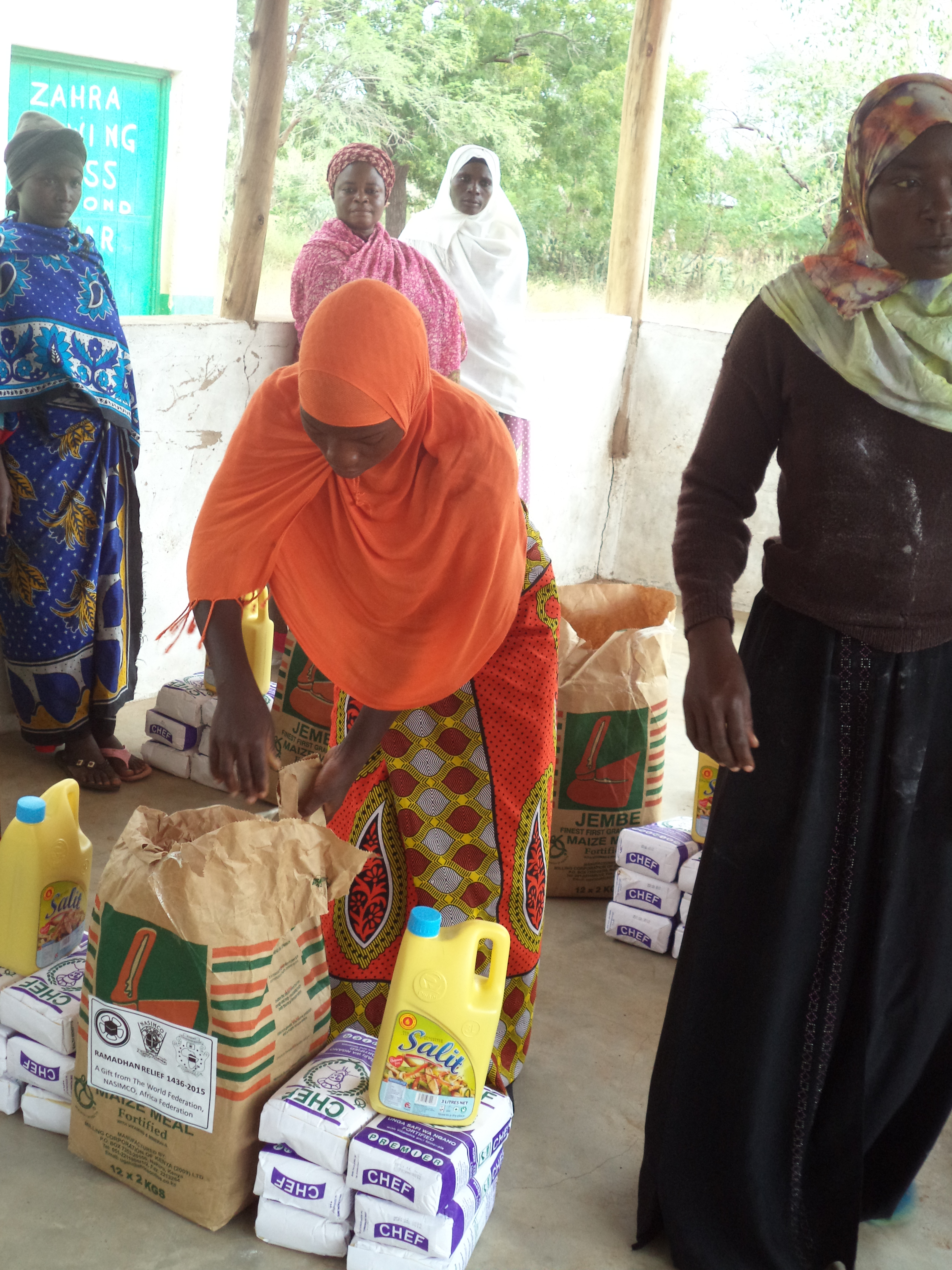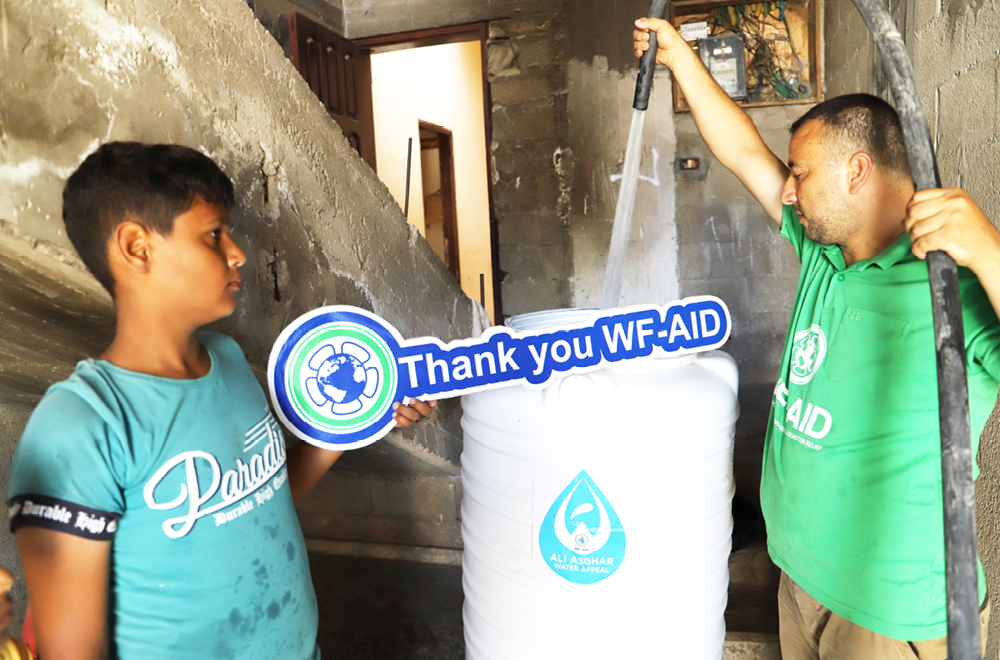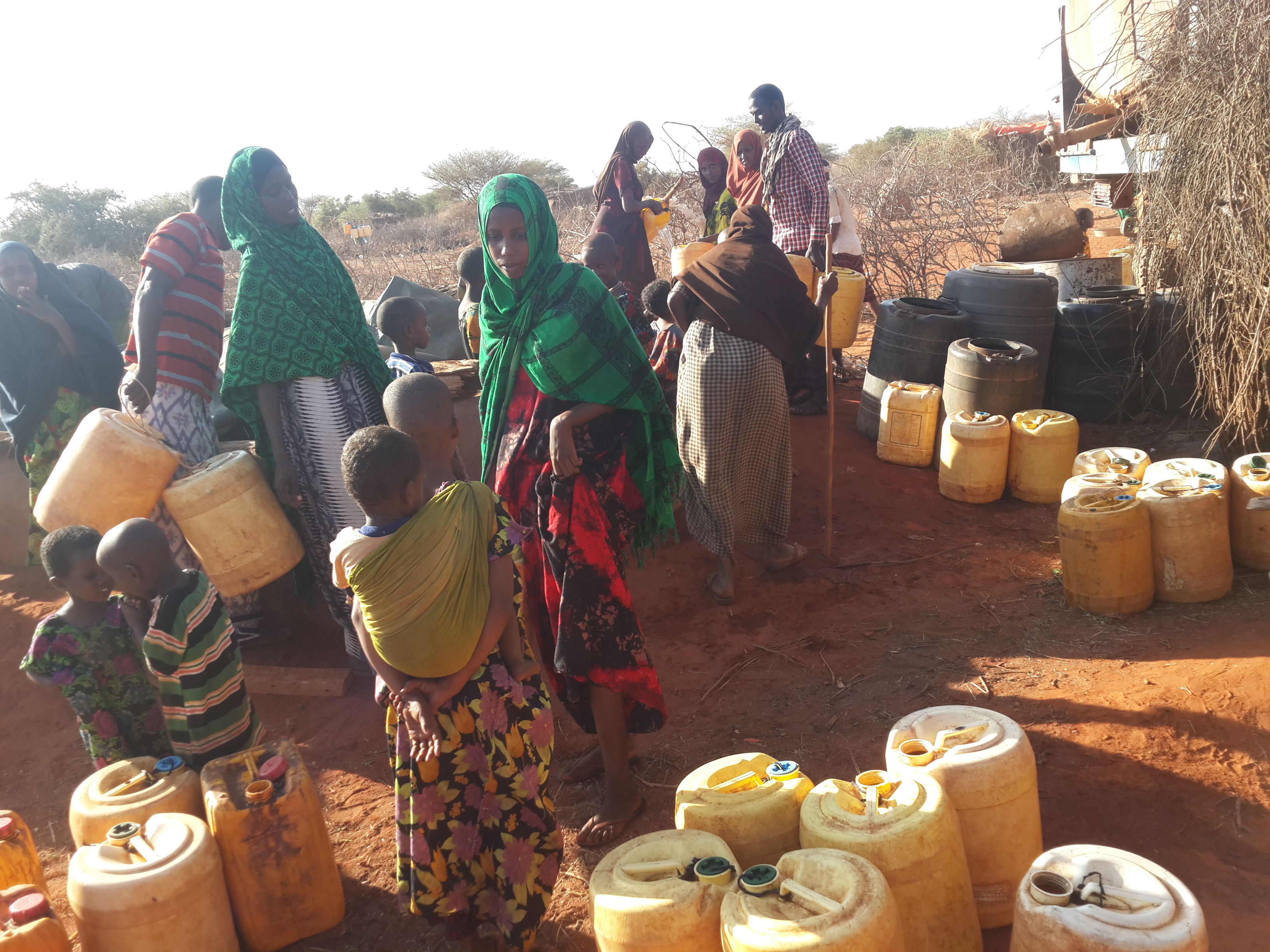
Conflict and drought from Africa to Yemen have put 20 million people at risk of starvation.
The current Famine has been declared as the ‘largest humanitarian crisis since the United Nations was founded in 1945’ – the biggest humanitarian crisis since the end of World War Two. WF-AID have stepped in to provide crucial emergency relief to those in need. We are working with our local partners to provide urgent food and water supplies to the affected regions.
The Facts.
Yemen
In Yemen alone 3.3 million people, of which 2.1 million are children, are severely malnourished. Yemen is the poorest country in the Middle East, torn apart by conflict and more than 18 million people are in urgent need of life saving assistance.
East Africa
Half of East Africa is starving. Lack of water has wiped out crops and killed livestock. In parts of the region, where records are available, this is the worst drought in sixty years.
The situation for children is extremely serious; Over 1.4 million children are at imminent risk of death from severe malnutrition.
Myanmar
370,000 Rohingya Muslims have been displaced. International media and human rights organisations have dubbed the Rohingya people as one of the most persecuted ethnic groups in the world. Far from home and just trying to keep alive, most are now dependent on aid for all their basic needs – food, water, shelter and medical care.
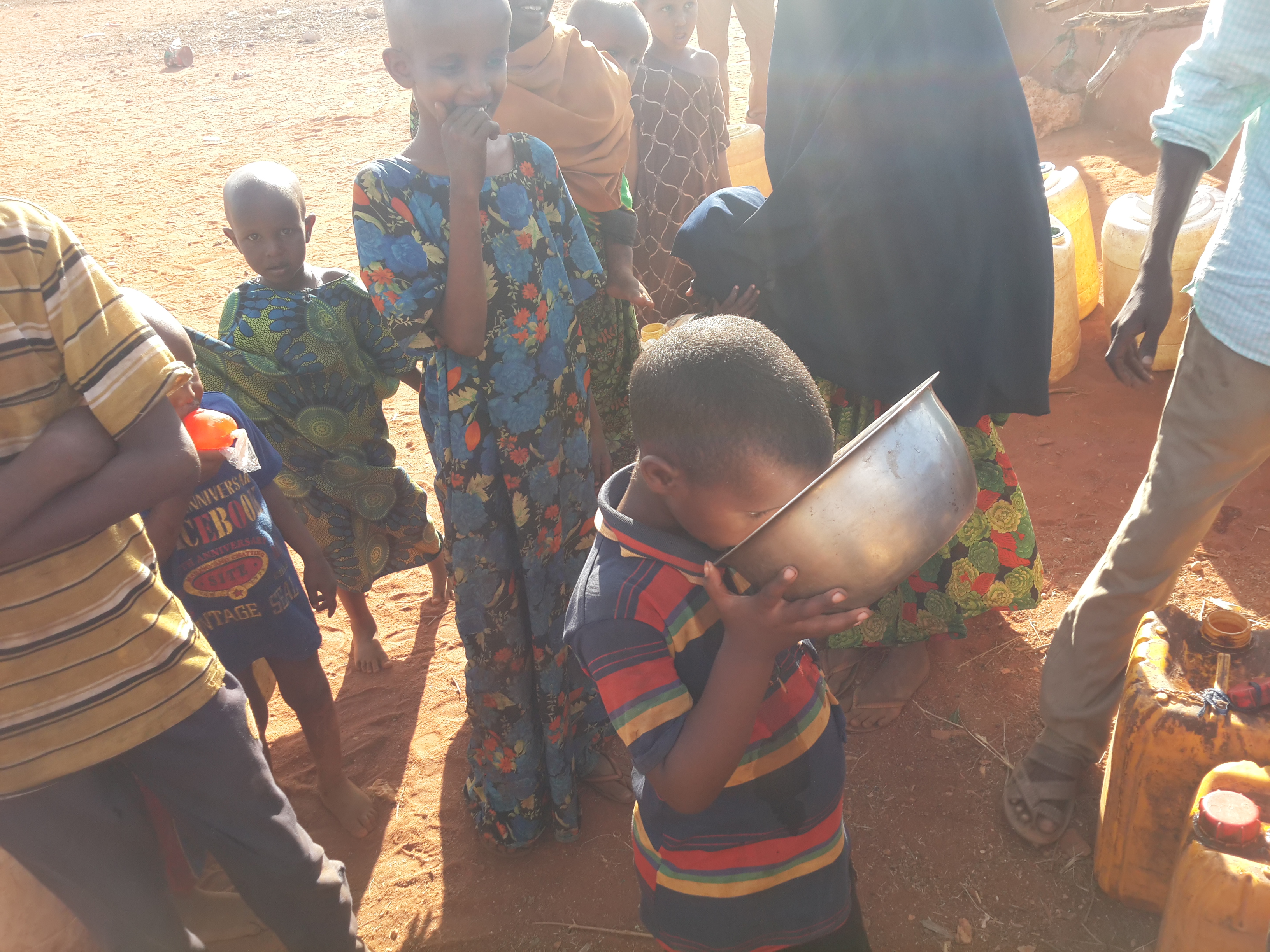
Stephen O’Brien told the UN Security Council on Friday 17th March that “without collective and coordinated global efforts, people will simply starve to death” and “many more will suffer and die from disease”.
What we’re doing:
WF-AID is launching an appeal to raise funds and awareness for this crisis. WF-AID is already distributing food, water and sanitation packs right now across the region, especially with those living in camps for displaced persons, with a focus in Kenya and the border of Somalia where the crisis is worst. Our target is to extend aid in other affected countries in order to save lives. WF-AID has already commissioned 54 wells across Kenya and the border of Somalia and these are already under construction. Efforts are being made to expedite the completion of these wells to help alleviate some of the famine challenges faced by millions of families in the region.
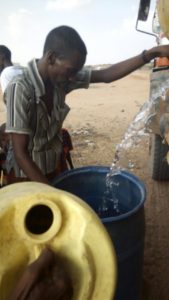
With our local partners on the ground, we are already distributing food and water to remote villages that are badly affected. Distribution in towns such as Garissa, Wajir and Kilifi have been completed. The distribution aid team is currently in Tana, witnessing devastating first-hand encounters of young mothers scooping water from a roadside leak left by our envoy. Children and women are seen on the roadside begging for food and water handouts from commuters. Schools are recording poor attendance, as children travel far with their families in search for these precious commodities. As we continue to distribute food, water and emergency packs to those in the drought region, there is a huge demand for aid to cover the vast areas of drought across South Sudan and Nigeria which need to be covered by our teams.
“It is key for all of us to act today, as the effects of this famine are most likely to cause seriously damage to the minds and bodies of whole a generation of children.” – Shan Hassam – WF-AID Head
Extremely malnourished children experience stunting of growth and may even grow up with physical deformities. Their brains cannot develop normally, and they are often too weak with hunger to attend school or play with their friends. If untreated, acute malnutrition is fatal.


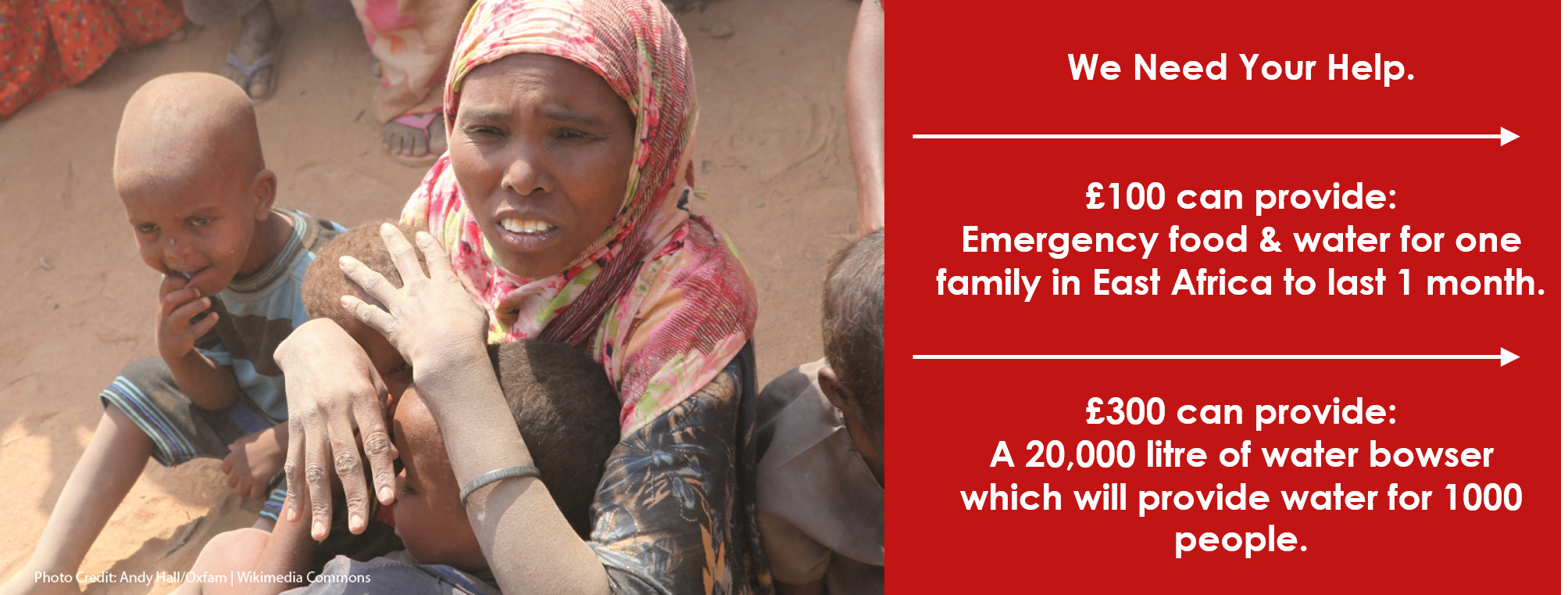
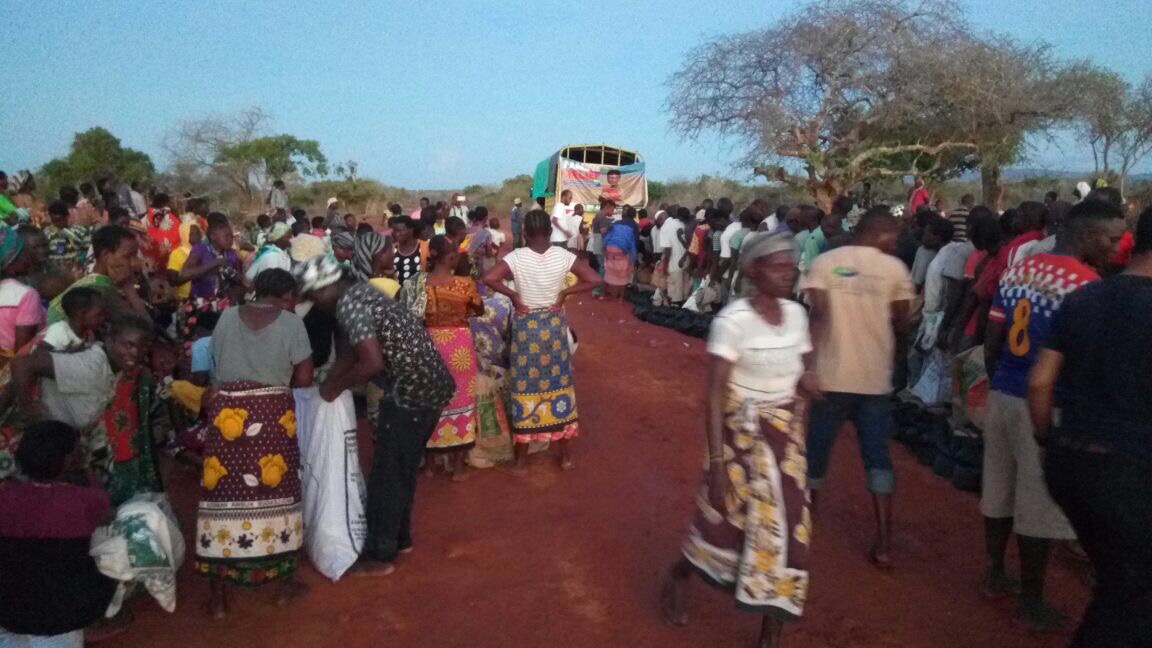 A human catastrophe is unfolding. We need your help to prevent these children, women and men from dying. The situation is desperate. Please give what you can today.
A human catastrophe is unfolding. We need your help to prevent these children, women and men from dying. The situation is desperate. Please give what you can today.